Publications
Articles, publications, books, tools and multimedia features from the U.S. Institute of Peace provide the latest news, analysis, research findings, practitioner guides and reports, all related to the conflict zones and issues that are at the center of the Institute’s work to prevent and reduce violent conflict.
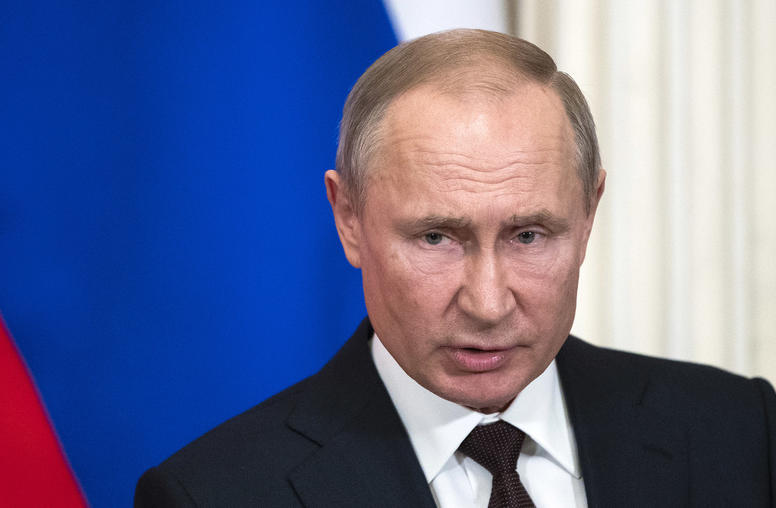
Understanding Russia’s Interest in Conflict Zones
Under Vladimir Putin, Russia’s global ambitions have steadily increased, including in unstable areas of the Middle East, Africa, and the Western Hemisphere. For the most part, Moscow’s activities in these and other areas run counter to Western interests and undermine efforts to mitigate conflict through broad-based, transparent processes. This report outlines the factors that appear to be motivating the Kremlin’s conflict-zone interventions and places them within the larger context of Russian foreign policy interests.
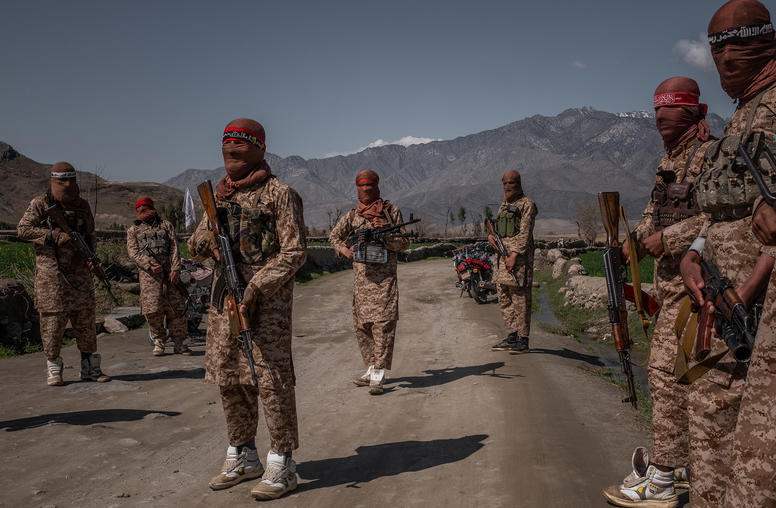
U.S., Russian interests overlap in Afghanistan. So, why offer bounties to the Taliban?
Recent intelligence reports indicating that Russian bounties paid to the Taliban to kill U.S. troops have bolstered American and Afghan officials long-held allegations that Moscow has been engaged in clandestine operations to undermine the U.S. mission in Afghanistan. Russia’s support for the Taliban, however, has largely been tactical in nature. Both Washington and Moscow ultimately have a converging strategic interest in a relatively stable Afghanistan without a long-term U.S. presence that will not be a haven for transnational terrorists. USIP’s Andrew Wilder looks at what this means for the decades-long Afghan conflict.
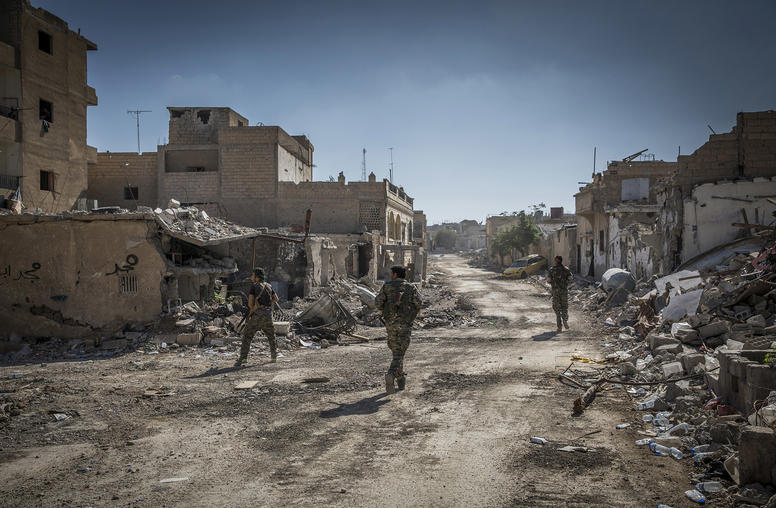
Putting the Global Fragility Act into Action Can Save Money and Lives
The U.S. government (USG) is preparing to unveil a new strategy over the coming months to tackle the underlying causes of fragility and conflict in vulnerable countries around the world. The strategy comes at an important time, just as the United States and other international donors seek to respond to rapidly increasing health, food, and other emergency needs as a result of the coronavirus outbreak. It will be critical that in line with the new strategy, this aid does not inadvertently stoke new tensions.

Thomas Hill on Libya’s New Stalemate
After a four-month offensive by the western U.N.-backed government, the Libyan conflict has fallen back into a stalemate. USIP’s Thomas Hill says the question now is whether the new stalemate “will lead to a political solution or is just another step in the road … until one side controls all of the oil wealth.”
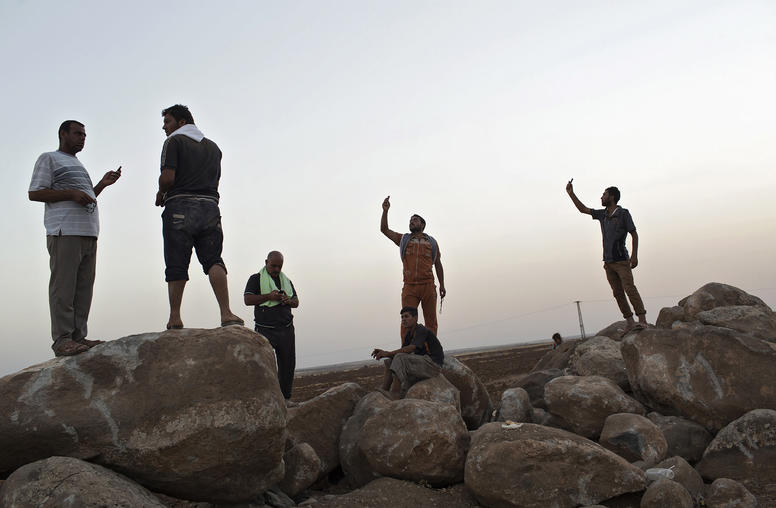
Driven from Their Homes By ISIS, Minorities Face a Long Road Back in Iraq
In 2014, Islamic State militants committed genocide against religious and ethnic minorities, particularly Yazidis and Christians, across northern Iraq. Kidnapping, rape, and murder marked this campaign of terror; thousands fled their homes. Six years later, with ISIS defeated militarily and its leader, Abu Bakar al-Baghdadi, dead following a U.S. raid, many displaced Iraqis have yet to return to their homes. The obstacles they face range from bureaucracy to a fear for their lives amid signs of an ISIS resurgence to Turkish airstrikes against groups Ankara sees as threatening its national interest.
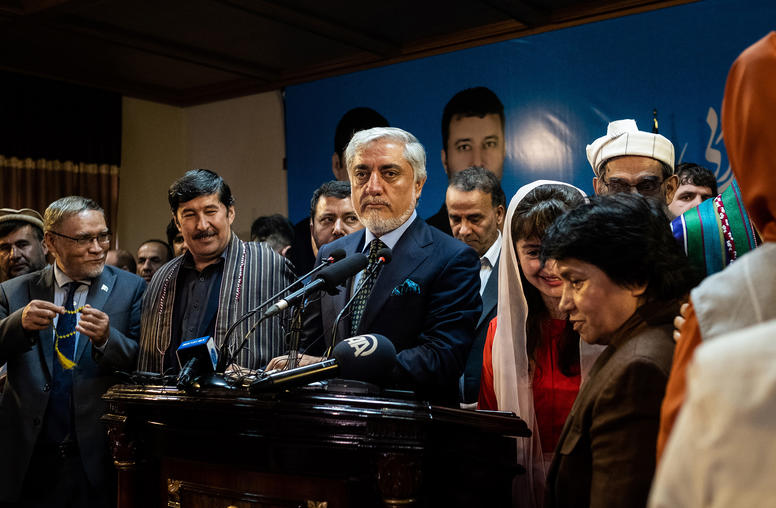
Negotiations Are the Only Way to End Afghan Conflict, Says Abdullah
The head of Afghanistan’s new peace council said yesterday that he is optimistic that intra-Afghan talks can start in the coming weeks, but increased levels of violence and details of prisoner releases may slow the start of talks. Chairman Abdullah added that the government’s negotiating team will be inclusive and represent common values in talks with the Taliban. The team “will be diverse and represent all walks of life,” Abdullah said. Afghans and analysts have expressed concern that without an inclusive negotiating team, the country’s hard-won, democratic gains could be compromised for the sake of a deal with the Taliban.

Keith Mines on Venezuela’s Spiraling Humanitarian Crisis
The humanitarian crisis in Venezuela is reaching proportions not seen in Latin America since the 1930s. Meanwhile, USIP’s Keith Mines says the country is at a “tragic impasse, and that impasse is entirely political,” as both Juan Guaidó and Nicolás Maduro maintain their respective claims to power.
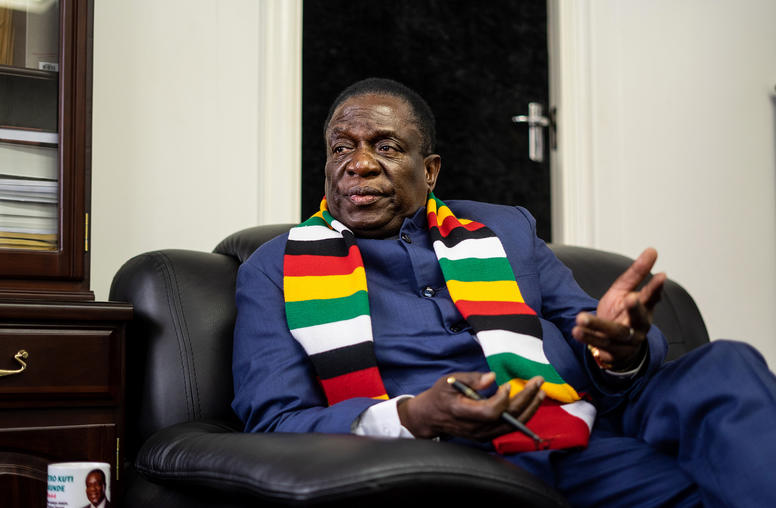
COVID Raises the Stakes for Zimbabwe’s Civil Society Movement
Countries worldwide that suffer or risk violent conflicts face a new hazard amid the COVID-19 pandemic: governments’ use of the disease as a pretext to curtail democratic freedoms and punish opposition. As COVID has spread across Africa, Zimbabwe is emerging as one of the countries most vulnerable to the disease—and most illustrative of its threat to peace and democratization efforts on the continent. Two and a half years after a military coup installed President Emmerson Mnangagwa, his government has used the health crisis to arrest members of the opposition and journalists, and divert humanitarian aid to ruling party supporters.
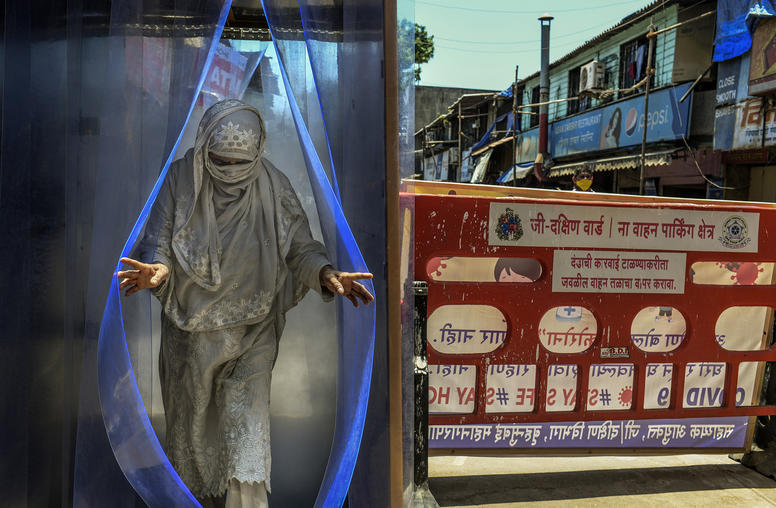
Coronavirus Tightens its Grip on South Asia
In South Asia, home to some of the world’s most densely populated nations, the COVID-19 pandemic has tightened its grip—causing infections to soar, battering economies, and plunging many into poverty. Governments have mostly struggled to cope.
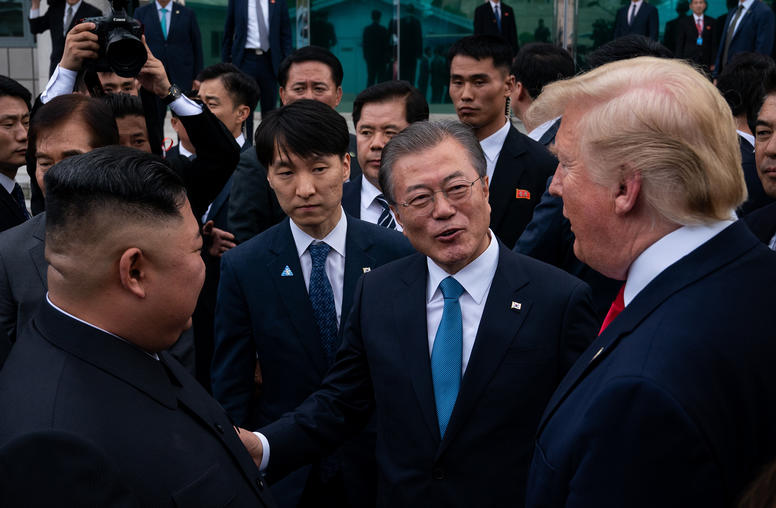
North Korea Blew Up Its Liaison Office with the South. What Now?
North Korea’s demolition this week of an inter-Korean liaison office that symbolized North-South cooperation marks a new spike in tensions between the countries, and in North Korean frustration with the United States. It was the latest in a string of inflammatory rhetoric and actions directed at Seoul and Washington since the failure of the February 2019 summit in Hanoi between President Trump and North Korean leader Kim Jong-un. The building’s demolition renews strains over North Korea’s ongoing development of a nuclear weapons arsenal, the corresponding global sanctions against Pyongyang’s illicit behavior and the 67-year failure to formalize a peace treaty following the Korean War. USIP analysts Patricia Kim and Frank Aum discuss the latest downturn.